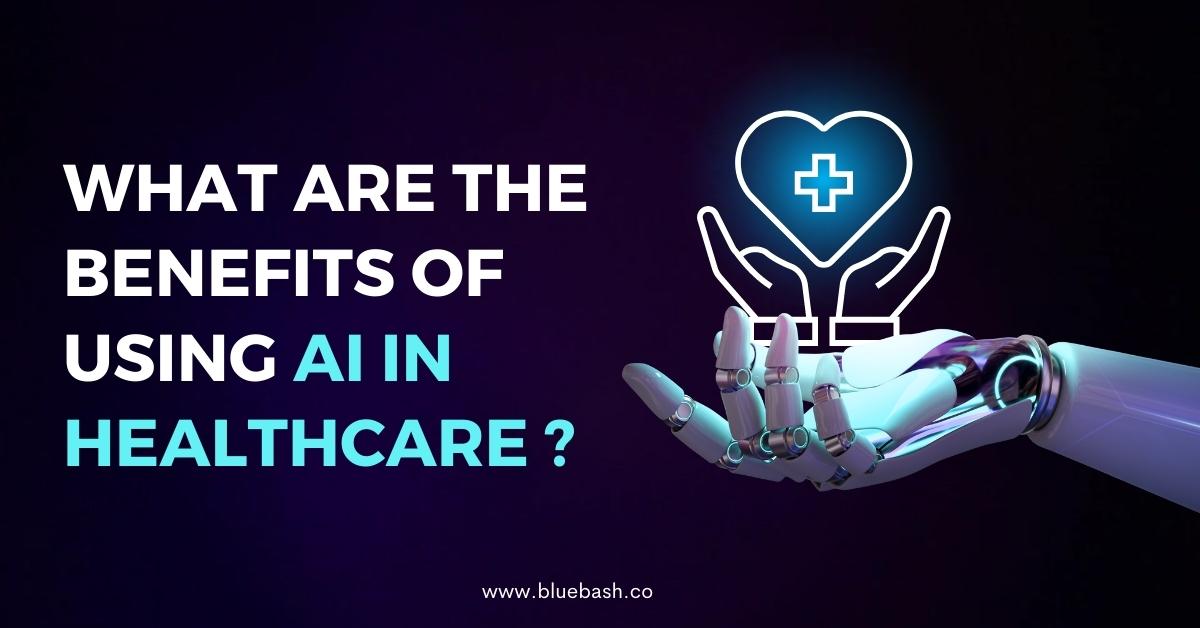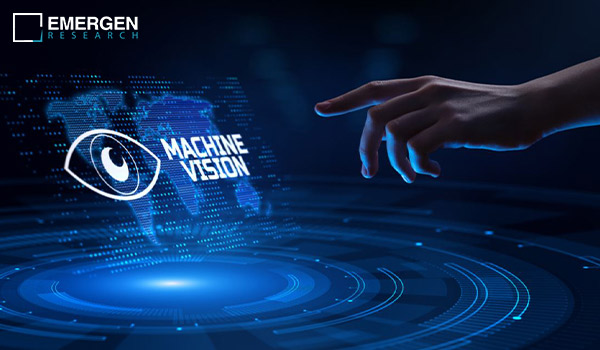![]()
As we all know, artificial intelligence (AI) has become the most powerful agent of transformation in the healthcare industry. Learn how healthcare providers can take advantage of AI’s benefits.
From diagnosis and risk assessment to the choice of treatment, there are many ways for healthcare groups to use AI to help their patients in more effective, efficient, and precise ways.
As the amount of healthcare data keeps growing, AI will be able to drive changes and new ideas across the entire care continuum. This depends on AI tools and machine learning (ML) algorithms being able to give proactive, smart, and often secret insights that help make decisions about diagnosis and treatment.
AI can be very helpful for both patients and providers when it is used to improve care, control chronic diseases, spot early signs of risk, automate and optimize workflow, and identify early risks. Let’s look at the top five benefits of using AI in healthcare software development to help providers better understand how to use it in their industry.
Benefits of AI in Healthcare
Population health management
Different healthcare organizations can use AI to analyze and aggregate all the details regarding patient health data to actively identify and prevent risk, close preventive care gaps, and better understand how clinical, genetic, and behavioral factors affect the population. Combining the diagnostic data ultimately means, exam findings with unstructured narrative data. It can provide a holistic view of a patient’s health and reveals all the actionable insights. It can easily prevent diseases and promote wellness.
Predictive analytics offers valuable insights into the population’s health, enabling risk stratification based on various factors. Healthcare organizations can deliver personalized, data-driven care and optimize resource allocation for better patient outcomes.
Clinical decision making
Considering artificial intelligence in certain healthcare processes can minimize the time and resources to examine and diagnose patients. With this, medical personnel can save lives by making this process faster. Machine learning algorithms can identify risk rapidly with more accuracy.
Additionally, AI-development services can gather and sort through vast quantities of clinical data to give doctors a more comprehensive picture of the state of patient populations’ health. With the help of these technologies, the care team may obtain timely or nearly timely information that can be used to improve patient outcomes. The entire care team may work at the top of their licenses by automating the collection and analysis of the gigabytes of data flowing inside the hospital walls.
Improvised healthcare access
According to the studies, we can notice that significant gaps in the average life expectancy between developed and underdeveloped nations may result in limited or zero healthcare accessibility. Innovation in medical technology can help developing nations and their counterparts deliver care in such regions. AI can enable a digital infrastructure that facilitates faster diagnosis of the symptoms and patients to the right level and modality of care to make an efficient healthcare ecosystem.
Similarly, AI healthcare development services can help alleviate the scarcity of professionals in remote, low-resource areas by performing some diagnostic tasks. Using ML for imaging, for instance, expedites the interpretation of diagnostic studies such as X-rays, CT images, and MRIs. In addition, educational institutions are increasingly utilizing these tools to improve training for students, residents, and fellows while reducing diagnostic errors and patient risk.
Optimize operational effectiveness and performance
Modern healthcare operations are a combination of deeply interacted systems and processes. This makes the process difficult to optimize cost while enhancing asset utilization and securing low wait times for patients.
Health systems are progressively employing artificial intelligence and machine learning, along with medical software solutions, to sift through the vast amounts of big data within their digital ecosystem in order to gain insights that can be used to enhance processes, increase productivity, and boost performance. AI and ML can, for example:
- Improve throughput and effective and efficient use of facilities by prioritizing services based on patient acuity and resource availability
- Improve revenue cycle performance by optimizing workflows, such as prior authorization claims and denials; and
- Automate routine, repeatable tasks to better deploy human resources when they are most needed.
AI-assisted surgery
AI-assisted surgery represents a remarkable advancement in healthcare, especially in the field of surgical robotics. These sophisticated systems exhibit unparalleled precision, executing intricate movements with utmost accuracy. Consequently, complex surgical procedures can carry out with shorter wait times, lower risk, and fewer complications. This state-of-the-art technology is transforming healthcare software development services, elevating patient care and safety during surgical interventions.
Conclusion:
AI in healthcare can help in a lot of different ways and make a big difference in the healthcare industry. AI gives perfect tools to doctors and nurses to give better, faster, and more accurate care. In order to promote health and prevent risks, it analyzes patient data and helps manage the health of the entire community. AI can also help doctors make better decisions by making diagnoses faster and spotting risks more correctly.



